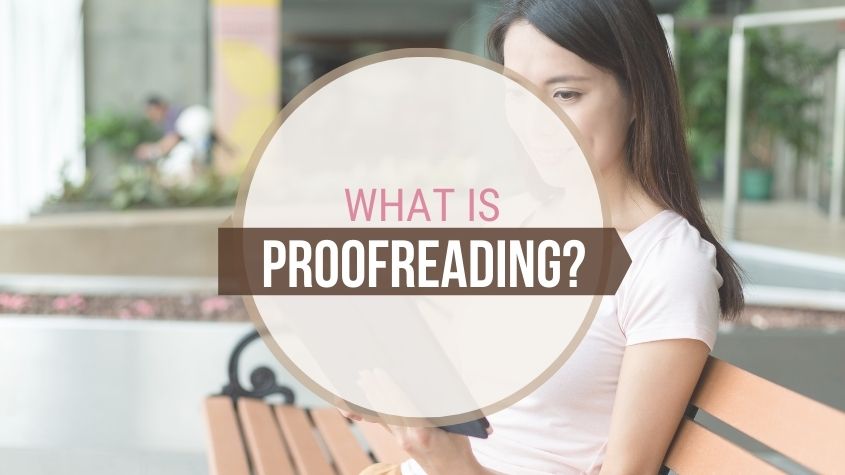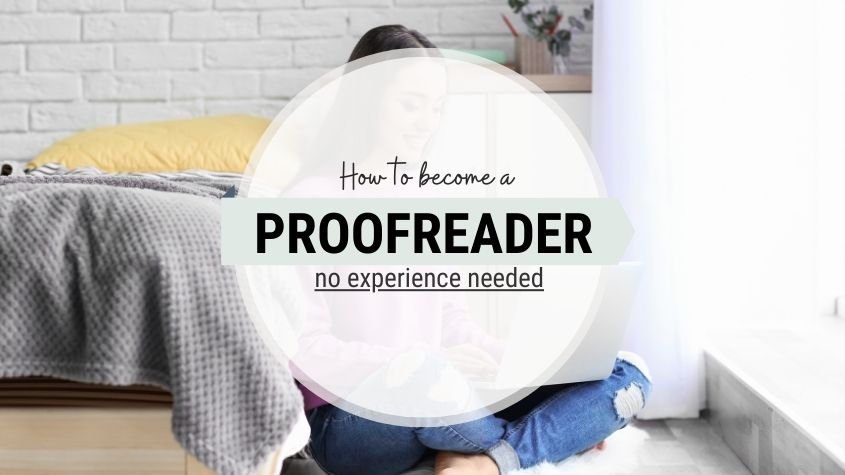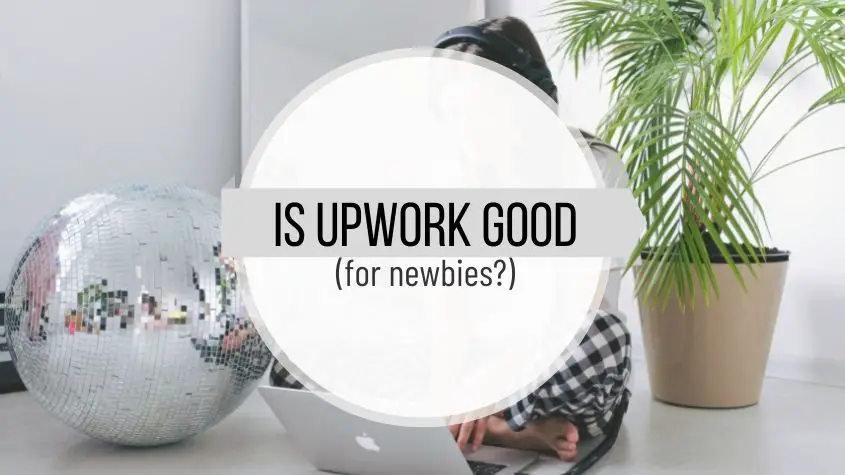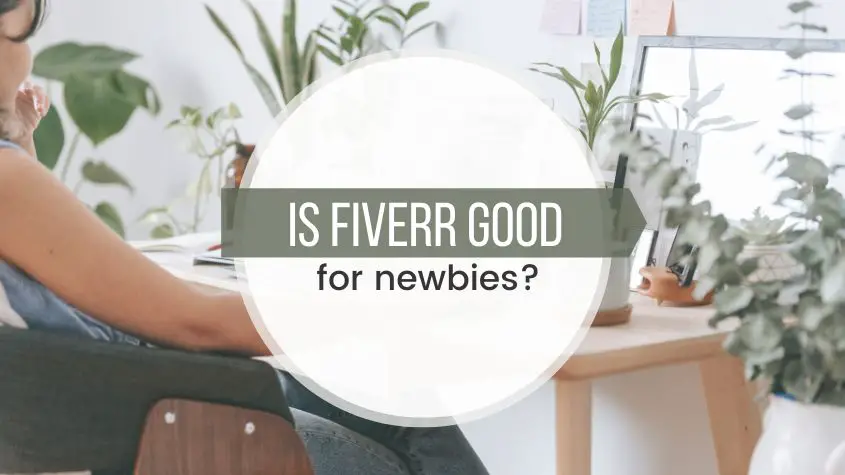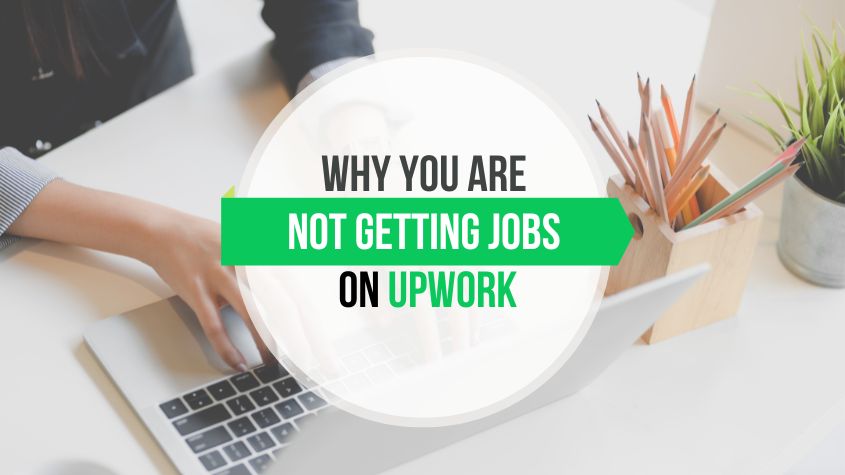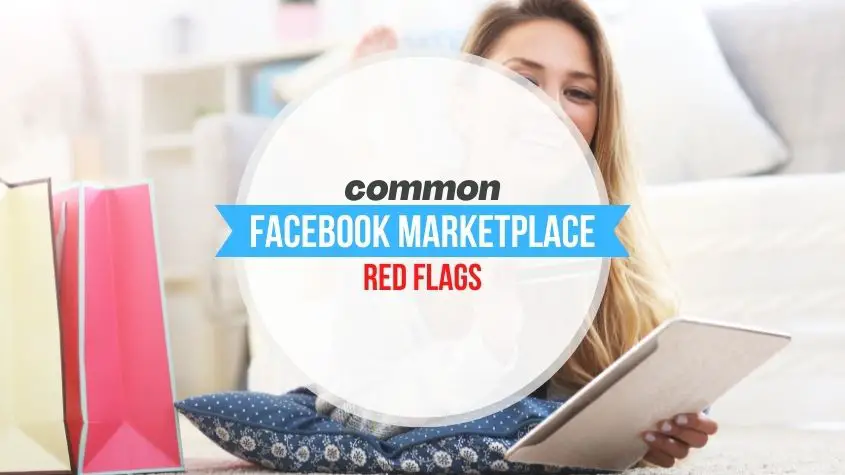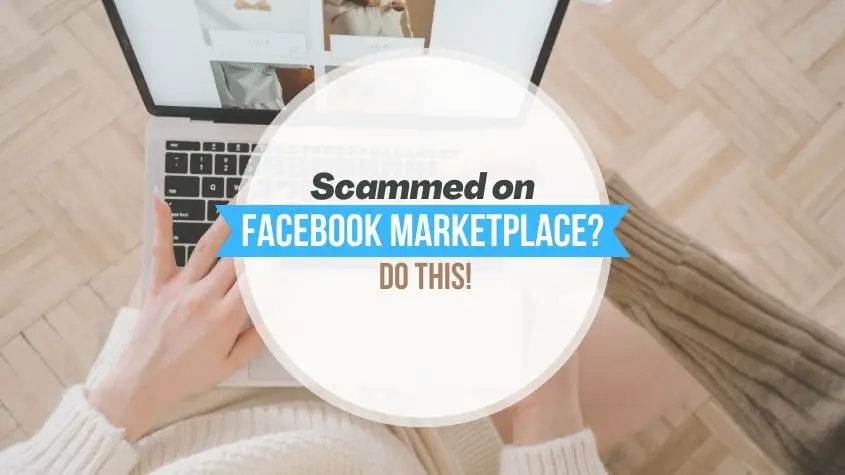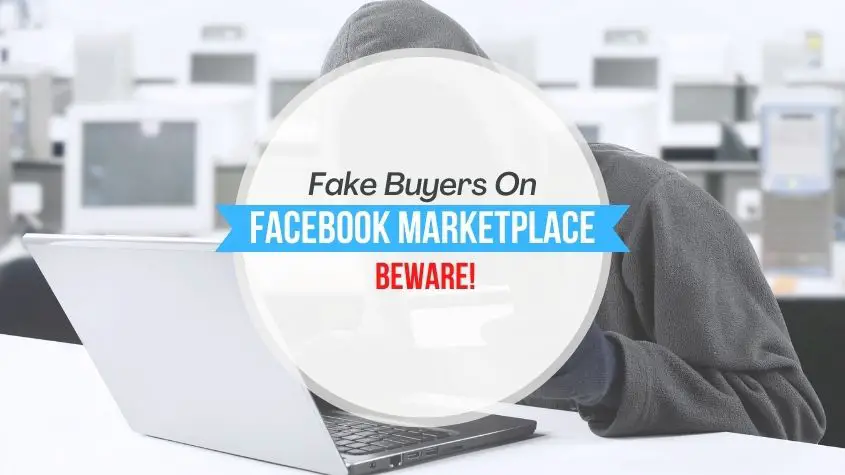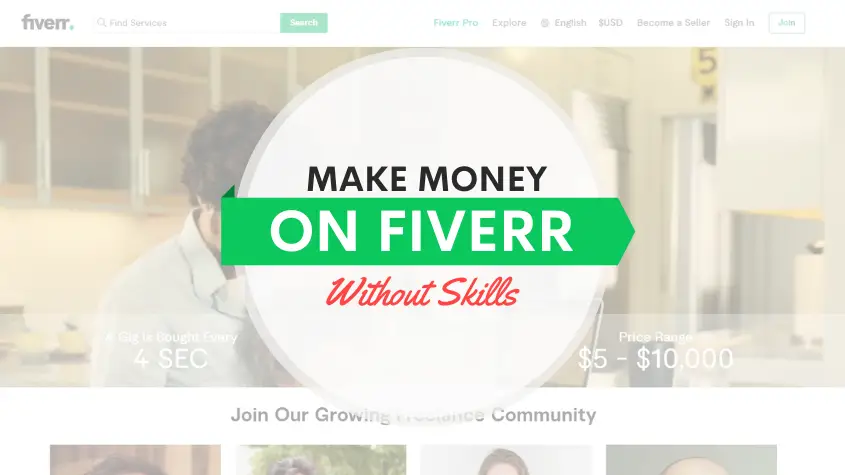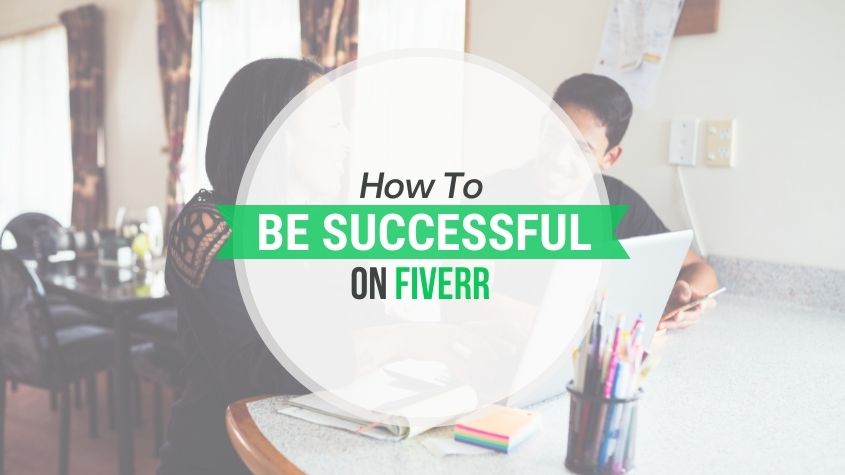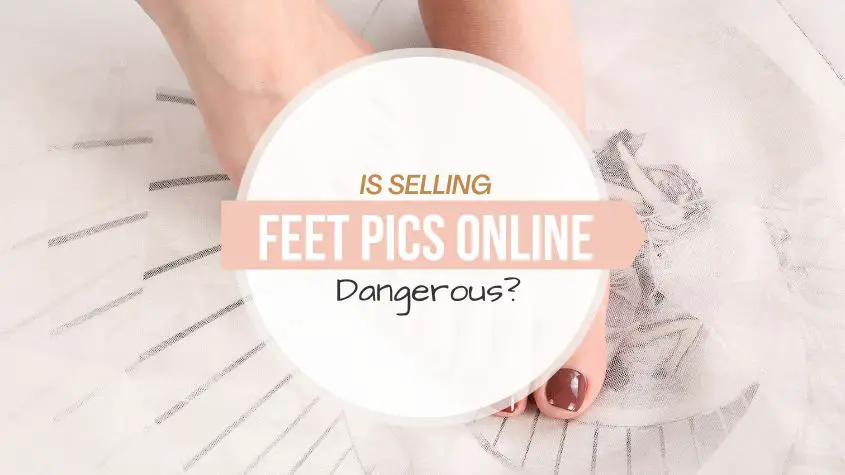Looking to sell or buy items online? If so, here are tips on how to not get scammed on Facebook marketplace.
A thinkmoney survey shows that 1 in 11 people have been scammed on Facebook Marketplace.
That’s nothing to sneeze at, given that Facebook has the most registered and active social media users.
Even with these statistics, most people feel pretty safe navigating the Chockablock marketplace.
You’ll find sellers accepting random payment methods and paying little regard to Purchase Protection and buyers buying from sellers whose identities they can’t verify.
Make Extra Cash With Paid Surveys
Can You Get Scammed On Facebook Marketplace?
The simple answer is yes. You can get scammed on Facebook Marketplace and in a myriad of ways.
You could lose your money to a fake seller or your item to a fake buyer. You could also have your identity stolen and your details used in other scams.
Or you could perform a perfect transaction only to be scammed by a fake shipping company.
The worst part is Facebook does little to keep you safe from scammers.
Or in other words, the platform can’t tell genuine users from fake ones since every registered account on the social networking platform has unrestricted entry into the marketplace.
So it is up to you to decide whether a seller or buyer is trustworthy before engaging them.
Additional Reading: Can I Get Scammed On Facebook Marketplace?
How you can get scammed on Facebook Marketplace
Before I take you through how sellers and buyers can protect themselves on Facebook Marketplace, let’s first look at how you can be scammed.
1. The seller advertises what they don’t have
In what’s popularly known as the bait-and-switch scam, sellers entice buyers with pictures of proper, high-quality, or well-maintained low-priced items just to sell the lower-quality or broken versions in their possession.
2. The buyer denies receiving the item
A fake buyer can falsely deny receiving a purchased item just to get Facebook to refund them.
It’s one of the oldest tricks in the book that, for some reason, marketplaces worldwide haven’t found a lasting solution to.
3. The buyer wants your personal information
Information harvesting is an important step in identity theft.
On Facebook Marketplace, individuals pose as buyers and lure unsuspecting sellers into sharing their personal information, including phone numbers and residential addresses.
The information is then used to create accounts on services such as Google Voice, which the fake buyer uses to scam others.
4. The buyer pays using fraud money
When a scammer successfully hacks into someone’s PayPal account, they usually turn to online marketplaces to purchase items before the account is recovered.
You will lose your money and potentially access to your account if PayPal finds out that you were the recipient of the fraudulent funds.
5. The seller asks for a deposit
This scam happens mostly in car and rental apartment deals. It involves fake sellers posting pictures of nice-looking vehicles and apartments available at relatively affordable prices.
Often, these pictures are stolen from other listings.
When a buyer agrees to buy the car or rent the property, they are asked to pay a deposit upfront.
How to not get scammed on Facebook Marketplace as a seller
If there was a single foolproof way to lock scammers out of listings, Facebook Marketplace would be the safest place for sellers.
However, anyone can view any listing anywhere in the world with a quick search and a location change.
Vigilance and non-complacency are your best bets for avoiding scammers on Facebook Marketplace.
Be friendly for the sake of your business, but treat everyone as a potential con artist. That way, you will never miss or overlook apparent red flags.
Now let’s look at a few practical ways to avoid getting scammed.
1. Be extra cautious when dealing with dodgy profiles
New accounts with barely any friends, posts, or pictures are the greatest sign you are probably entertaining a fake buyer.
Well, some users are actually new or don’t use Facebook that much, so you can’t just judge with a quick profile assessment.
But if you can’t ascertain a prospect’s identity, it’s only wise that you transact with them carefully.
2. Always receive payment first
Facebook Marketplace has some pretty relaxed laws regarding shipping and payment for purchased items.
As a seller, you’re free to receive payment after or before sending the item, and it doesn’t matter your payment option.
However, Purchase Protection is strict and limiting, and any payment option other than PayPal and Facebook Checkout disqualifies you from Facebook’s protection in case you are scammed.
This is why you should always ask to be paid first if the buyer cannot collect the item in person and wishes to use a non-approved payment option.
3. Do not pay shipping insurance
This scam is used on amateur sellers who don’t know the first thing about shipping insurance and why it’s a thing in online marketplaces.
If a buyer requests you to provide shipping insurance, you might want to go slow on the transaction.
Scammers will not ask you to buy the insurance directly. Instead, they will send an invoice, which upon payment, will mark the maturity of their well-planned sting.
4. Use Facebook Checkout and PayPal
Facebook Checkout and PayPal are the only payment options eligible for Purchase Protection.
Using them can come in handy if you’re receiving a fund reversal following a fraudulent transaction.
5. Keep your communication on Facebook Messenger
Facebook Messenger is the official and default communication channel for Marketplace users.
Scammers like to avoid it because it records their digital paper trail and jeopardizes their secrecy. Genuine buyers, on the other hand, have no problem using it.
Using other channels of communication sets you up for false disputes from fake buyers and draws out the investigation and money recovery processes.
How to not get scammed on Facebook Marketplace as a buyer
Most buyers get on Facebook Marketplace when they need something.
So it takes time for them to understand how it works and know the difference between legit and fake sellers.
Thankfully, most buyer-targeting Facebook Marketplace scams are well-documented and can be spotted from a planet away.
Here are tips to help you see and avoid them:
1. Avoid communication outside Facebook Marketplace
All communication before, during, and after a transaction on Facebook Marketplace should happen on Facebook Messenger in case there is a need to prove the transaction actually happened later on.
After all, Messenger is a pretty all-around communication channel.
The chat app also saves you the need to provide more information to the seller beyond what is on your Facebook profile.
Some genuine sellers may insist on taking the chat to WhatsApp or WeChat, citing a need to consolidate their client communication or use an app they are more familiar with. The pretext may seem plausible. However, scammers are just as convincing, and you could well be giving a gyp artist the benefit of the doubt.
2. Buy listings covered by Purchase Protection policies
Purchase Protection guarantees you a refund if you have problems with your order. So if a transaction is eligible, you can return an item that is broken or different from what you ordered and expect to get your money back.
Note that Facebook only protects purchases made with Facebook Pay.
3. Pay only after seeing and inspecting the item
Computers, TVs, kitchen appliances, and most household electronics can harbor issues impossible to point out in pictures.
That’s why you need to meet the buyer in person and inspect the item they have to offer before paying for it.
Take any seller who doesn’t want to meet you in the flesh for a scammer unless they will let you have the item first.
4. Don’t get too excited about cheap listings
Price is a factor if you’re on Facebook Marketplace for second-hand items. But it shouldn’t blind your judgment and get you walking straight into a trap.
Fake sellers attach low prices to their items because it is easier to attract buyers. Low pricing may also indicate that the item is stolen, fake, or broken.
Make a point of asking sellers why their items are priced the way they are priced if they struggle to explain or give a vague reason, back out and get on with your search.
5. Buy from sellers in your area
Buying from a local seller facilitates a physical meeting, which, as stated above, is vital in online transactions.
It also ensures you receive your item immediately without shipping costs or getting conned by shipping scammers.
How to not get scammed on Facebook Marketplace shipping
Facebook advises sellers to ensure they receive full payment for items before shipping them.
This is because, at this stage, you’re no longer in charge of the transaction and can easily get scammed by the buyer or the shipping company.
Shipping scams to brace up for include:
- Insurance scam
- Fraudulent returns
- Fake address scam
- Imposter shipping companies
- Counterfeit custom fee charges
- Bill of Lading (BOL) denial
A simple way around most of these scams is to let the buyer deal with shipping or avoid selling to buyers who require shipping altogether.
If you have to, ensure you understand what your responsibilities are. A typical transaction requires the seller to prove that they have shipped the item and nothing more.
Here are a few crucial measures to take:
- Use a renowned shipping company. Imposter companies are usually cheap and very alluring.
- Do not pay for shipping insurance.
- Ensure you receive a BOL for your shipment. Fake freight companies may deny you a BOL, so no one claims the shipment at the destination.
- Check international addresses to make sure they’re authentic.
- Create a strict returns policy for your customer and your business.
For buyers, Facebook Marketplace shipping scams can come from the seller or the shipping company.
Instruct your seller to send your item through a known shipping company, no matter the shipping cost.
Make sure to ask for a BOL and beware of the counterfeit customs fees charges.
Conclusion
Both buyers and sellers can find themselves on the receiving end of Facebook Marketplace scams.
You can always bank on Facebook and PayPal to bail you out with a refund, but it should never get this far.
Instead, do your due diligence and only transact with trustworthy people.
More Articles About Facebook Marketplace:

